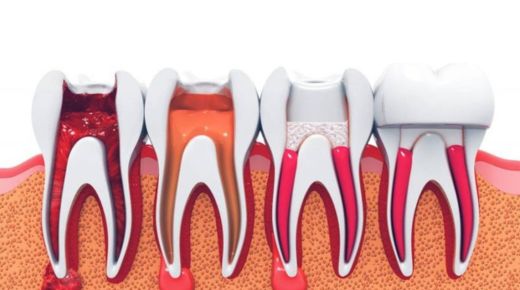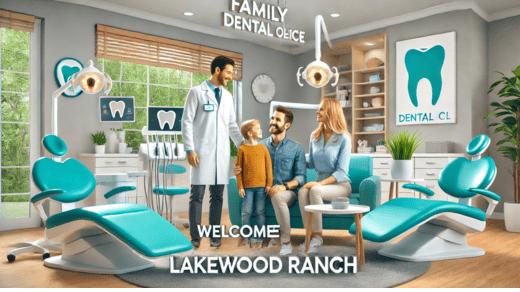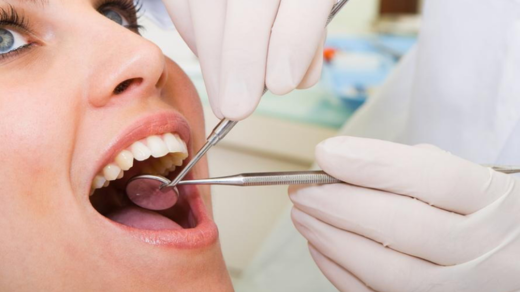When it comes to our teeth and gums, many myths and misconceptions can lead to confusion and poor oral health. In this article, the dentist in Plainville, Massachusetts will explore some common dental myths and set the record straight with facts and expert advice.
Myth #1: Sugar is the main cause of cavities
Reality: While sugar is often blamed as the primary cause of cavities, the reality is more complex. Sugar itself doesn’t directly cause cavities, but rather, it’s the acid produced by bacteria in your mouth when they feed on sugar that leads to tooth decay. Additionally, other types of carbohydrates, such as starches and simple sugars found in foods like bread, pasta, and fruit, can also contribute to acid production. Furthermore, the frequency and duration of sugar consumption, rather than the amount, play a significant role in cavity development.
Myth #2: Brushing too hard is effective
Reality: Brushing too hard may seem like a good idea, but in reality, it can do more harm than good. When you brush too hard, you can damage the gums and tooth enamel, leading to recession, sensitivity, and even cracks in the teeth. Additionally, using a hard-bristled toothbrush or applying excessive pressure can push bacteria and plaque deeper into the gums, making it harder to remove them and potentially leading to gum disease. Instead, gentle circular motions with a soft-bristled toothbrush are recommended to effectively remove plaque and bacteria without causing damage. This approach helps maintain healthy gums, prevents enamel wear, and ensures thorough cleaning without the risks associated with aggressive brushing.
Myth #3: Flossing is unnecessary
Reality: The notion that flossing is unnecessary is a misconception. In reality, flossing plays a crucial role in maintaining good oral health. When you don’t floss, plaque and food particles can become trapped between teeth and under the gumline, leading to tartar buildup, gum inflammation, and even periodontal disease. Brushing alone can’t reach these areas, making flossing an essential complement to your oral hygiene routine. By removing plaque and debris, flossing helps prevent bad breath, gum recession, and tooth loss. The American Dental Association recommends flossing at least once a day to maintain optimal oral health. Neglecting to floss can lead to costly and painful dental problems down the line, making it a vital habit to incorporate into your daily routine.
Myth #6: You should only visit the dentist when you have a problem
Reality: The idea that you should only visit a dentist when you have a problem is a common misconception. In reality, regular dental check-ups are essential for preventing problems from arising in the first place. By visiting your dentist every six months, you can catch oral health issues early on, when they are easier and less expensive to treat. This includes detecting cavities, gum disease, and oral cancer in their early stages, as well as identifying potential issues like teeth grinding or misalignment. Additionally, regular cleanings can help remove plaque and tartar, preventing decay and gum disease. Waiting until you have a problem can lead to more extensive and costly treatments, such as root canals or extractions. By prioritizing preventive care, you can maintain a healthy, beautiful smile and avoid more serious issues down the line.
Myth #9: You can’t get cavities in your baby teeth
Reality: The notion that you can’t get cavities in baby teeth is a common myth. In reality, baby teeth are just as susceptible to cavities as permanent teeth. Cavities in baby teeth can be particularly problematic, as they can lead to pain, and infection, and even affect the development of permanent teeth. Baby teeth play a crucial role in maintaining the space for permanent teeth and guiding them into proper alignment, so decay or loss of baby teeth can have long-term consequences. Furthermore, cavities in baby teeth can also spread to other teeth, including permanent ones, if left untreated.




